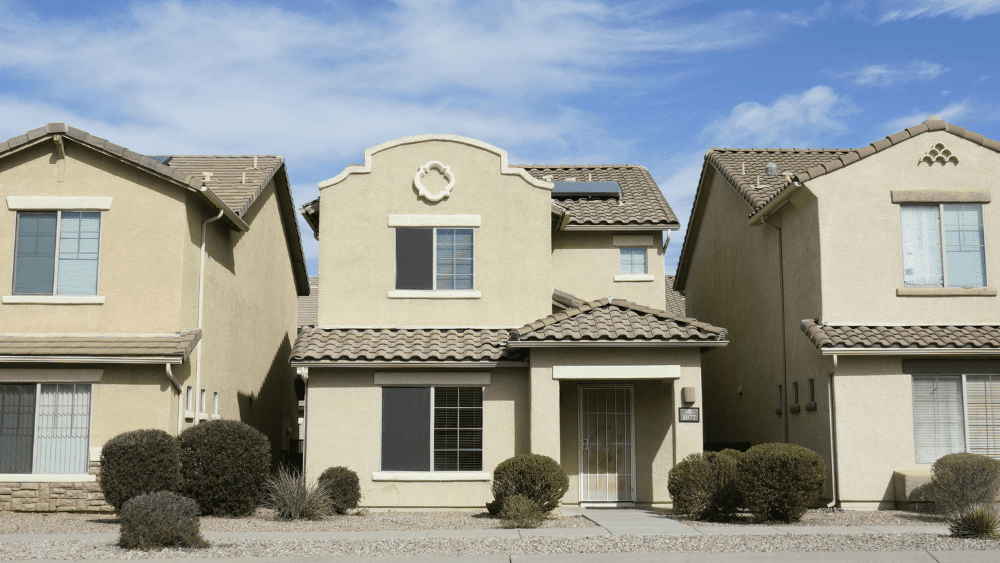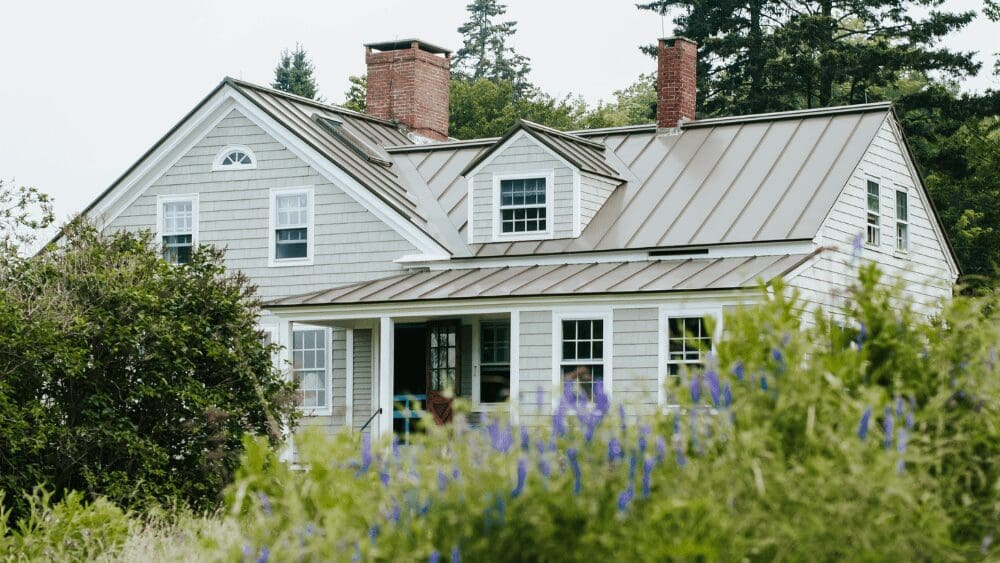The property at 28 Galbraith Rd, Virginia, is for sale as the Darwin property market heats up. Picture: Supplied
The Darwin property market is predicted to boom next year and outperform the national residential real estate market, according to a new SQM Research report.
The Christopher’s Housing Boom and Bust Report 2025 forecasted national dwelling prices would increase between 1 and 3 per cent next year while Darwin home prices could jump by as much as 8 per cent.
The report considered a number of factors when predicting the performance of Australia’s housing markets in 2025, including population growth, unemployment rates, economy, listing numbers and vacancy rates.
Louis Christopher, SQM Research managing director said in Darwin, things were looking good for the property market but he cautioned there were negatives, such as media reports of spiking crime rates.
“And I suspect the incessant heat isn’t for everyone,” he said.
“But overall, we are more positive for 2025 and expect housing prices to rise somewhere between 5 per cent and 8 per cent on the back on dwindling listings and a strong rise in employment levels.”
SQM Research managing director, Louis Christopher.
The Boom and Bust report found Darwin’s population growth was flat, increasing by 0.8 per cent in the 12 months to March 2024 with positive net overseas migration but strong interstate outflows.
“Unemployment rates have been healthy across the Northern Territory, recording a below national average of 3.4 per cent and with a relatively good employment growth rate of 2.7 per cent, which is generally good for the housing market,” Mr Christopher said.
“With the rise in employment, SQM is forecasting a fairly solid rise in wages growth through to 2026, rising by about 3.5 per cent per annum between 2024 and 2026.
“This should be a good fillet to the economy.”
The report said the Territory’s economic outlook, as provided by the NT Treasury, was cautiously optimistic.
“Booms and busts within the Darwin housing market generally follow the rises and falls in minerals and energy sectors,” Mr Christopher said.
“Often, with a rise in global commodity prices, comes large companies with big budgets to get new projects going in the area.
“Over the four years to FY28 the NT Government is forecasting Gross State Product to rise above average at 4.1 per cent per annum.
“One project the Government is counting on is the Timor Sea Barossa gas project which, once completed (in 2025) will be a major royalty earner for the NT Government and a job winner for the city, which it already has been while under construction.”
The property at 4 Redshank Ct, Bakewell, is going to auction as the Darwin market heats up. Picture: Supplied
On the housing front, the report found Darwin offered the most affordable residential property of any Australian capital city while the vacancy rate was sitting around 1 per cent with yields of 6.25 per cent for units and 5.75 per cent for houses.
Property listings in Darwin dropped 16 per cent 2024, which Mr Christopher said was a good sign.
“(It’s) not so good for the local real estate agents but ultimately it has provided some stability in the market,” he said.
“It’s also something we see at the bottom of a cycle that’s about to pick up.”
Mr Christopher said while Darwin real estate values would likely increase in 2025, Melbourne, Sydney and Hobart would record price falls.
“Another strong year of population expansion, which will almost be double Federal Treasury forecasts, plus an ongoing shortage of new dwellings, limited expected housing price falls in Sydney and Melbourne over 2024 and saw strong price gains in Perth, Brisbane and Adelaide,” he said.
“For 2025, we are not anticipating much of a change in these current trends.
“However, we are now anticipating a cut in interest rates starting from mid-year, which will continue the price rise momentum in Perth, Brisbane and Adelaide and keep the price falls in Sydney and Melbourne to single digits.
“Our two largest capital cities, along with Canberra and Hobart will start 2025 off in the red.”



















 English (US) ·
English (US) ·